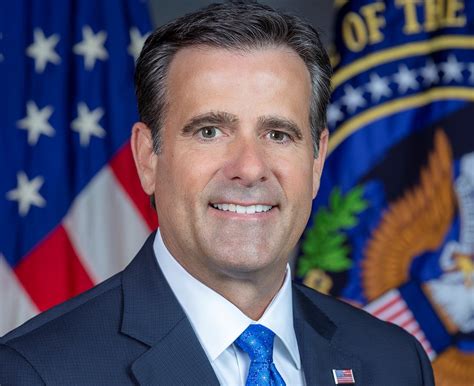A Quote by Cathy Engelbert
Accelerating technology innovations such as ubiquitous sensors, cheap computing power, and 5G networks will open entirely new opportunities and challenges.
Related Quotes
China's efforts to dominate 5G telecommunications will only increase Beijing's opportunities to collect intelligence, disrupt communications and threaten user privacy world-wide. I have personally told U.S. allies that using such Chinese-owned technology will severely limit America's ability to share vital intelligence with them.
Cloud computing means you are doing your computing on somebody else's computer. Looking ahead a little, I firmly believe cloud - previously called grid computing - will become very widespread. It's much cheaper than buying your own computing infrastructure, or maybe you don't have the power to do what you want on your own computer.
I'm excited about the emergence of tokens, and while I'm skeptical of many of the early projects being launched, I do believe we are seeing the emergence of an entirely new asset class that will foster the growth of a new investment community, a new set of social networks, and most importantly, a new class of technologies.


































